As someone who has explored cultured marble and granite countertops, I understand the importance of choosing the best option for your kitchen. Both materials have unique features, benefits, and considerations, so let’s compare cultured marble and granite countertops to help you make an informed decision.
Cultured Marble Countertops
Cultured marble is a man-made material composed of a blend of natural stone particles, primarily marble, and resin. It offers a smooth and glossy finish that resembles natural marble but is more affordable. Cultured marble countertops are available in a variety of colors and patterns, making them versatile enough to match various kitchen styles.
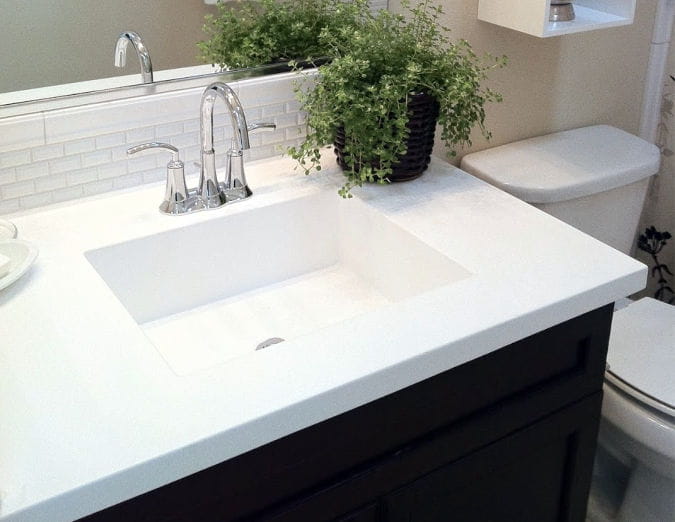
One of the advantages of cultured marble is its ease of maintenance. It is non-porous, which means it is resistant to stains and moisture. Cleaning cultured marble countertops is relatively simple, requiring only mild soap and water. However, avoiding harsh chemicals or abrasive cleaners is essential, as they may damage the surface over time.
On the downside, cultured marble is not as durable as natural stone. It can be more susceptible to scratches, chips, and heat damage. To protect the surface, using cutting boards and trivets is recommended. While cultured marble can withstand regular kitchen use, it may not be as resilient as granite in the long run.
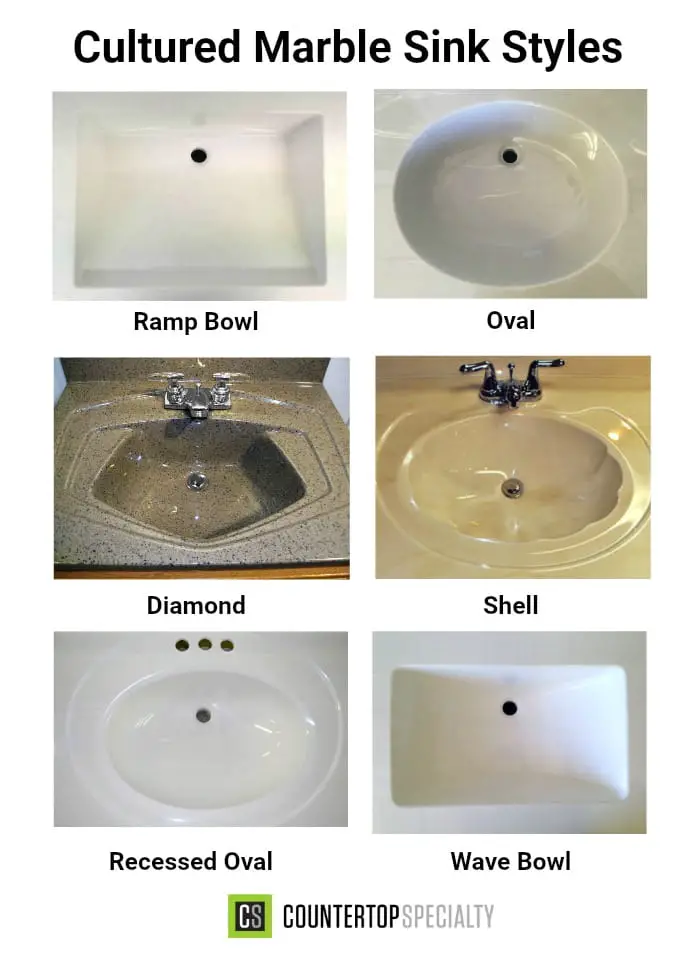
Granite Countertops
Granite is a naturally occurring stone formed over millions of years, making each slab unique with its distinctive patterns and colors. Granite countertops offer a luxurious and timeless look that adds value to any kitchen. The natural stone’s durability and resistance to heat, scratches, and stains make granite a popular choice among homeowners.
One of the key benefits of granite is its exceptional durability. It can withstand the demands of a busy kitchen, including cutting and chopping directly on the surface. Unlike cultured marble, granite is highly heat-resistant, making it an ideal choice for placing hot pots and pans directly on the countertop.
However, granite countertops require regular sealing to maintain their resistance to stains and moisture. The stone can become porous without proper sealing, potentially leading to staining and bacterial growth. While the maintenance is not overly complicated, following the manufacturer’s recommendations for sealing frequency is essential.
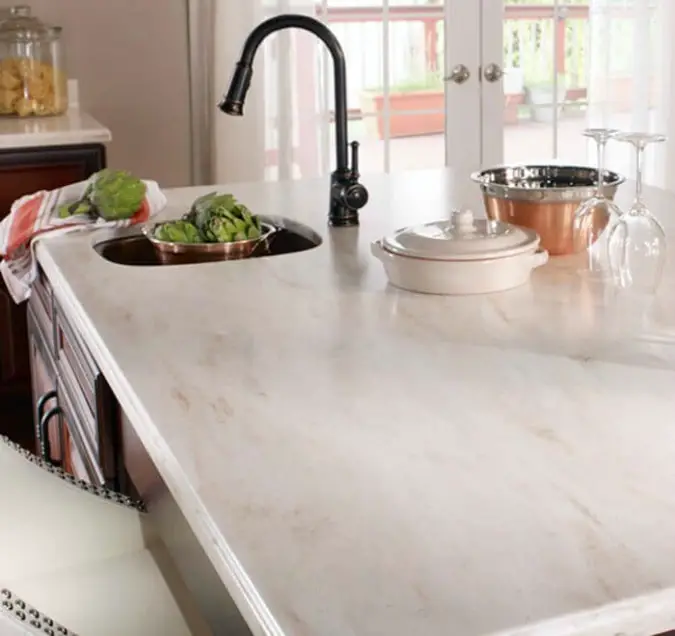
In conclusion, the choice between cultured marble and granite countertops depends on your preferences, budget, and lifestyle. Cultured marble offers an affordable, low-maintenance option with a smooth, marble-like appearance. On the other hand, granite provides a durable and luxurious natural stone surface, albeit requiring periodic sealing.
Consider your kitchen’s style, how you plan to use the countertops, and your willingness to invest in maintenance. Both cultured marble and granite countertops can be beautiful additions to your kitchen, and with proper care, either option can serve you well for many years.
Cultured Marble Vanity Tops Vs. Solid Surface
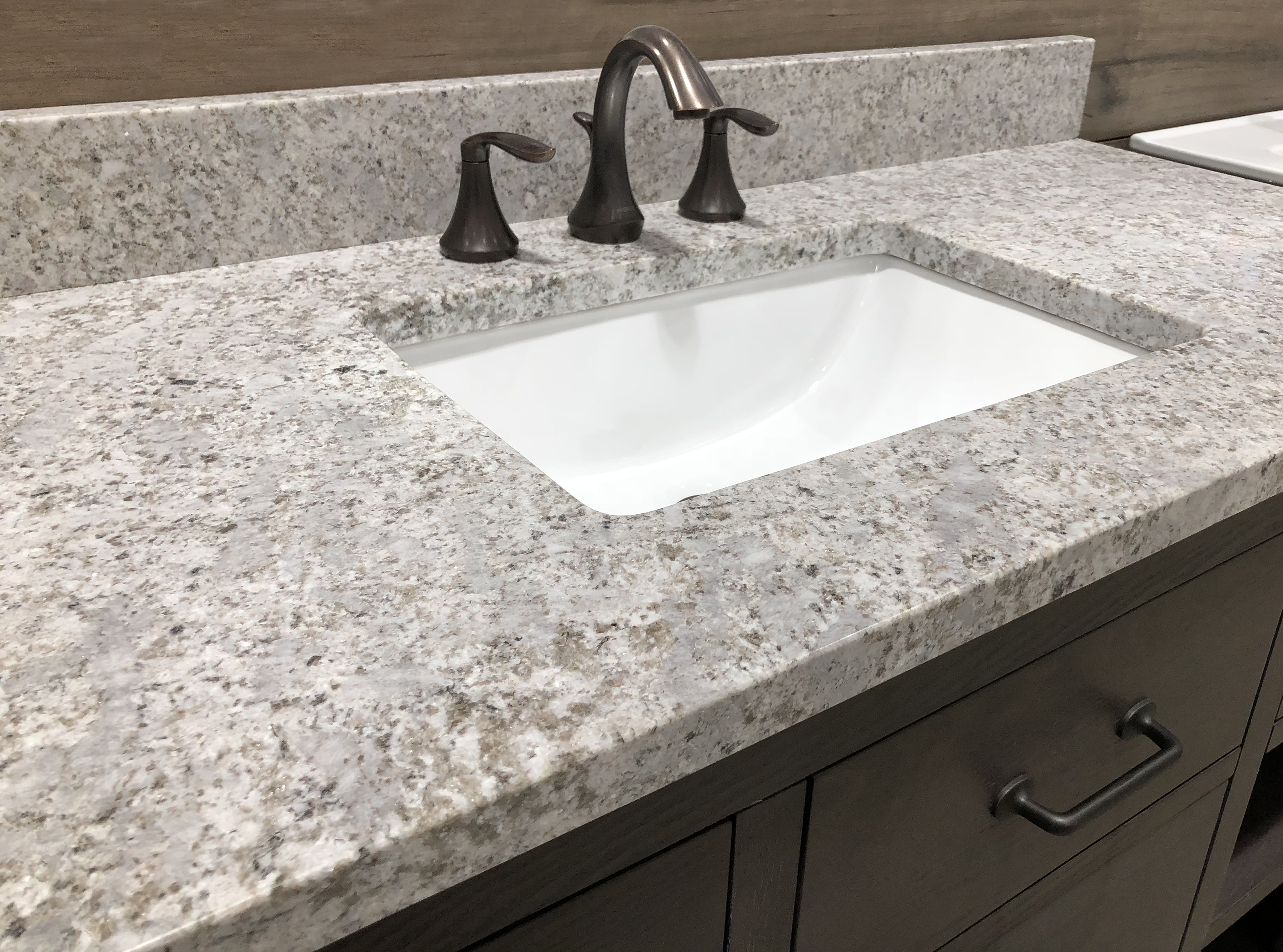
Cultured Marble Countertops: An Overview Ru0026D Marble, Conroe, TX
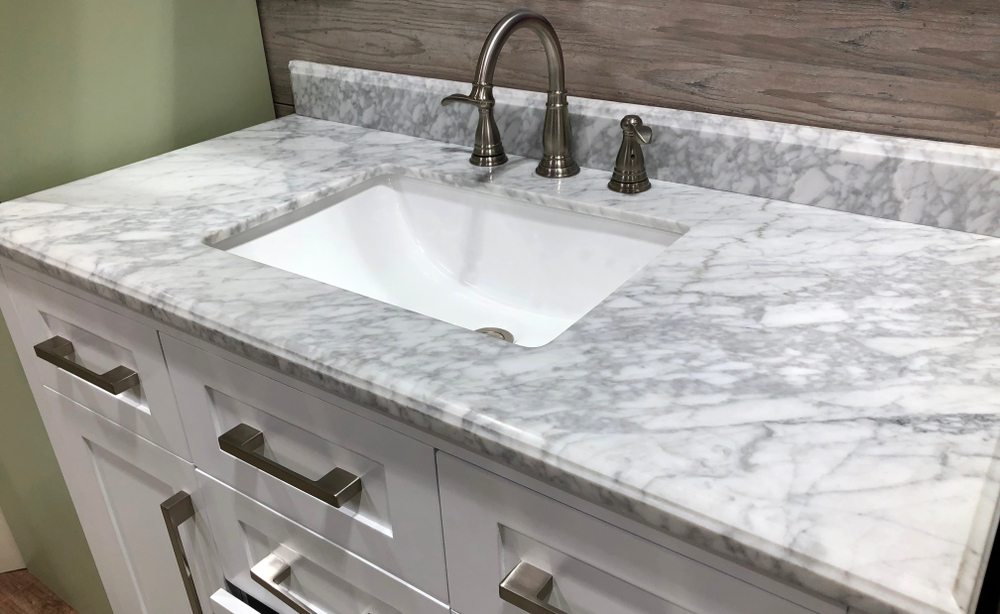
Granite Countertops vs. Cultured Marble Countertops – Sand and
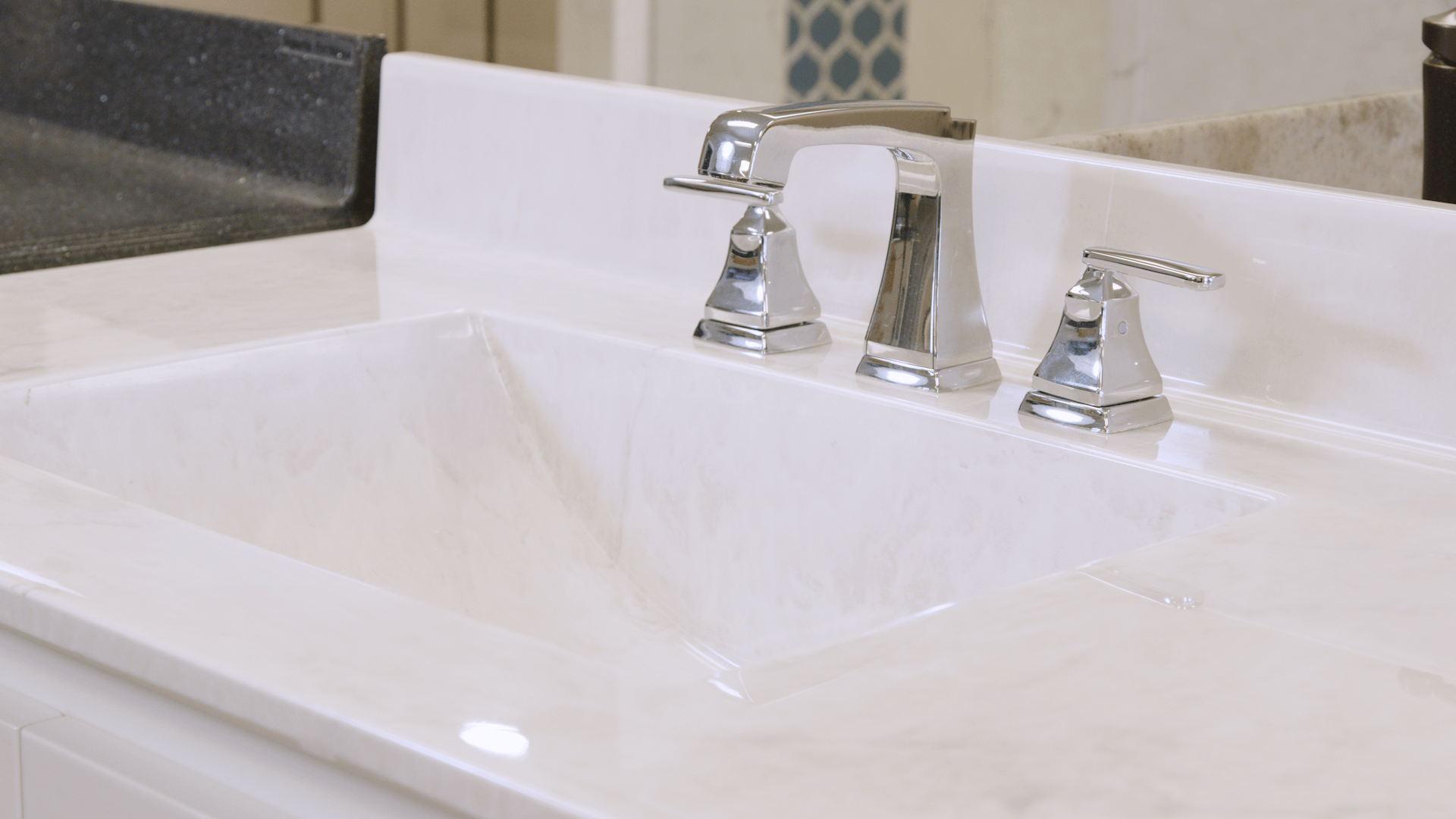
Cultured Marble vs Granite

Cultured Marble Countertops u0026 Showers: Buyeru0027s Guide 2021
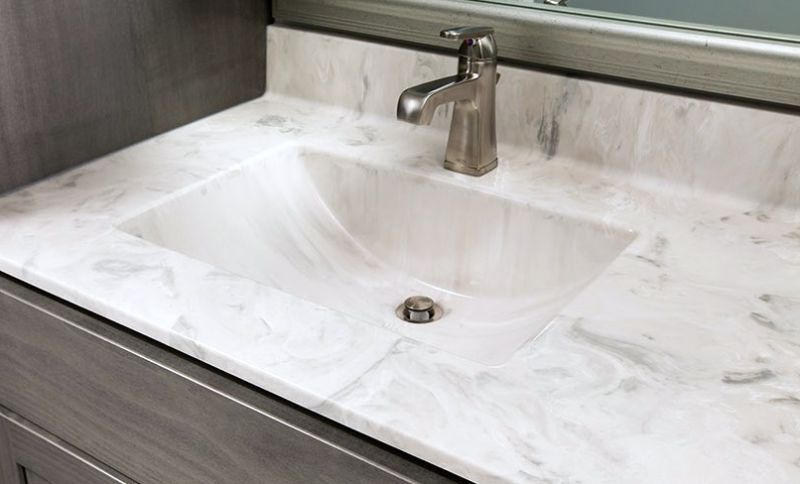
What are the Pros and Cons of Quartz and Cultured Marble

Related articles:
- Chipped Granite Countertop Repair
- White Granite Countertops
- Granite Countertop Overlay
- Stains On Granite Countertops
- Black Pearl Granite Countertops
- Black Matte Granite Countertop
- Black Granite Kitchen Countertops
- Cutting Granite Countertops DIY
- Gray Granite Countertops
- Blue Gray Granite Countertops